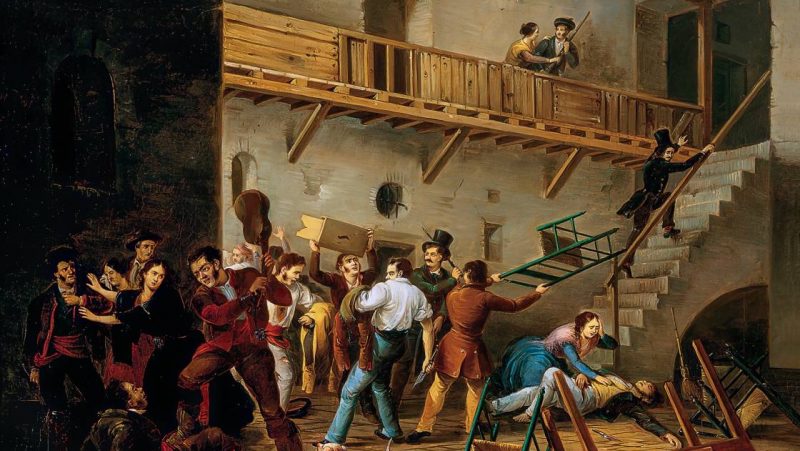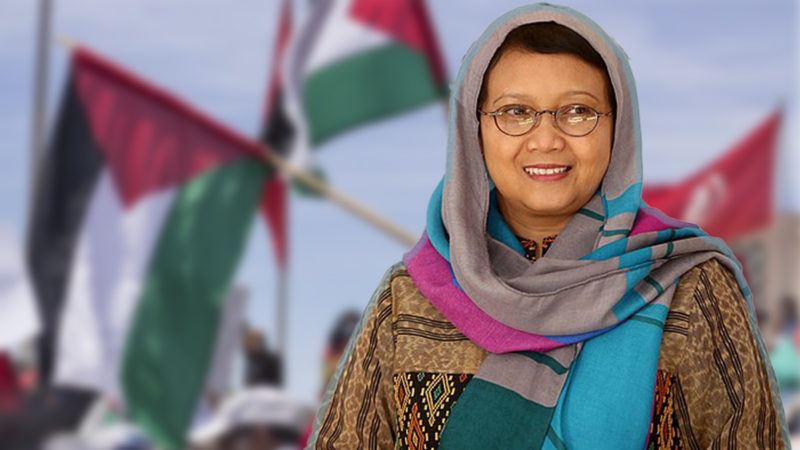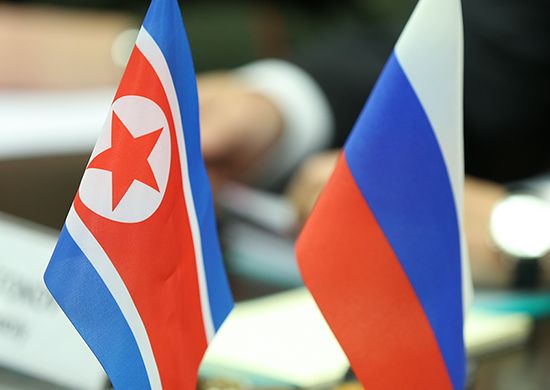25.09.2021, Delhi.
The history of the migration problem in the Indian state of Assam has been dragging on for a long time, with no solution in sight, according to Rossa Primavera News Agency editorial published on September 25.
Earlier in India, at least two people were killed and more than a dozen injured during an Indian police operation to evict residents of Dholpur village (Assam state). The clash with the police occurred when thousands of locals protested against the state government’s decision to evict them.
The village is predominantly populated by Muslims who came here as refugees from Bangladesh during the third Indo-Pakistani war in 1971. Assam authorities consider their presence on the land illegal.
“The history of the migration problem in the Indian state of Assam stretches back to at least the third Indo-Pakistani war, which resulted in the independence of East Pakistan, which became known as Bangladesh. India supported Bangladesh’s bid for independence and announced its willingness to accept refugees from Bangladesh.
The flow of refugees from Bangladesh went to many Indian states, but most of them arrived in Assam. This led to a sharp rise in tensions in the state and, as a result, to the powerful anti-migrant movement of 1979-1985. This movement is remembered for such a tragedy as the ‘Nellie massacre’, which claimed the lives of at least two thousand migrants.
In the beginning, the central government tried to oppose the movement, but then agreed to its demands, promising not to persecute its members. As a result, the movement’s organizers formed a political alliance, won elections, and gained power in the state.
Although the central government of India agreed to the eviction of migrants from Assam, the process has hardly progressed and many migrants from Bangladesh and their descendants remain in the state.
Today, the Indian People’s Party, which adheres to the ideology of Hindu nationalism, controls power in India and Assam. The realization that the center will not oppose the state’s actions has also made the local authorities more determined.
This, however, does not contribute to peace in the country, since India is one of the three countries with the largest Muslim populations. The important thing is that we are not talking about the eviction of migrants who came to India a year ago, but about people whose parents may have been born in India. At the same time, they came to the country at the invitation of its leadership.
Source: Rossa Primavera News Agency




